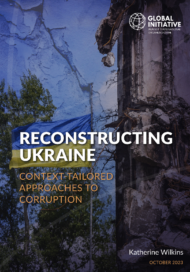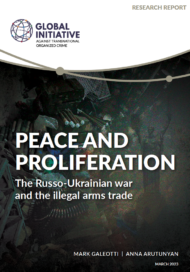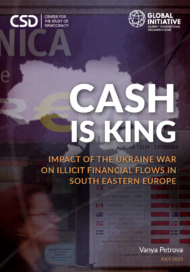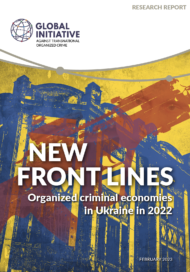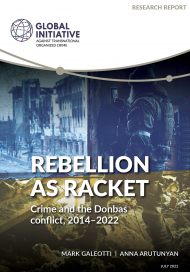Posted on 30 Oct 2023
The ongoing conflict in Ukraine has caused damage that has been estimated to be up to US$135.9 billion. However, the Ukrainian Government believes it will cost around US$750 billion for complete reconstruction. Corruption, the misuse of government resources for personal benefit, will remain a significant governance issue in Ukraine even after the war, hindering the country’s reconstruction.
Corruption is not only a cross-cutting issue to be considered alongside organized crime but also a potential force multiplier. Illicit economies are often interwoven with corrupt schemes, generating a complex and embedded problem typified by sophisticated, sustained, and often transnational networks. Illicit actors of all types may use the same enabling conditions and structures, exploiting institutional weaknesses and funneling profits through the opaque global offshore financial system. In addition, corruption enables organized crime by incapacitating oversight within state bodies and instrumentalizing activities within institutions for outside interests.
In the context of a possible reconstruction plan for Ukraine, its practical implementation is a complex matter, although technically challenging.
- Will there be sufficient resources?
- Are suitable approaches identified to counter the opportunities for corruption guaranteed to emerge?
- Will the right stakeholders be involved, and will they be empowered to act?
This paper highlights some considerations for suppressing corruption during the reconstruction period and suggests responses for policymakers and advocates to pursue.
